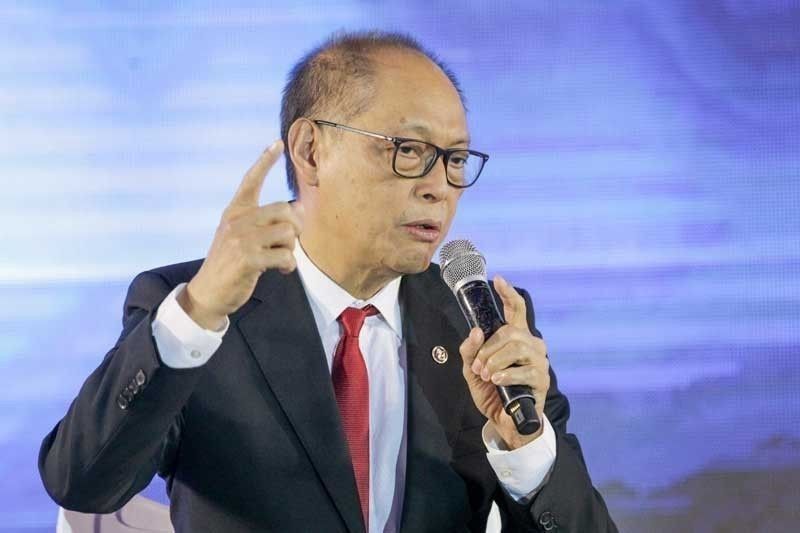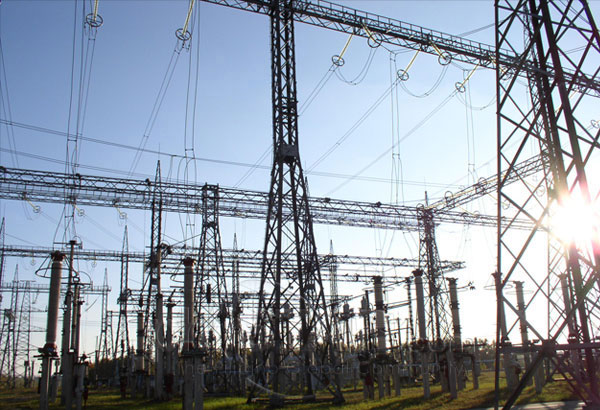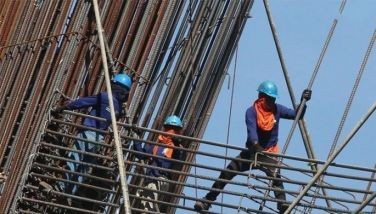Philippines risks reinclusion in global dirty money watchlist

Terrorism financing among weak areas
MANILA, Philippines — The Philippines is in danger of being included in the high risk and non-cooperative jurisdictions of the global anti-money laundering watchdog if it fails to address the weak areas in the country’s anti-money laundering and counter-terrorism financing (AML/CFT) campaign over the next 12 months.
Bangko Sentral ng Pilipinas Governor Benjamin Diokno said the Financial Action Task Force (FATF) could again include the Philippines in the list of high risk and non-cooperative countries if it fails to hurdle the required reforms during the 12-month observation period set by the Asia Pacific Group on Money Laundering (APG).
“We cannot afford to have the Philippines in the FATF’s list of high risk and non-cooperative jurisdictions. Hence, we should be very strategic in our focus for the next 12 months,” he said.
Diokno, who also chairs the Anti-Money Laundering Council (AMLC), said the watchdog has required the Philippines to submit a comprehensive progress report to the APG focused on the implementation of its recommended actions after the adoption of the latest mutual evaluation report (MER).
“This 12-month observation period gives us an opportunity for the country to remedy identified shortcomings in the MER,” he said.
Based on the key findings of the APG stated in the MER, the country’s National Risk Assessments (NRAs) did not sufficiently took into account the threat posed by the presence of movement of foreign terrorist fighters following the siege in Marawi City.
APG added the financial investigation sections of the AMLC are critically understaffed and the use of financial intelligence failed to translate into investigations into money laundering and terrorism financing.
Financial investigations conducted between 2013 and 2018 only translated to 20 cases for money laundering resulting to 10 prosecutions and five convictions, while there is no prosecution for terrorism financing.
Despite the findings of the APG, Diokno said he remains optimistic the country’s weak AML/CFT areas would be addressed through perseverance as well as the reinforced AMLC Secretariat and closer link with partner agencies.
“As such, I enjoin everyone to work even harder to ensure that the Philippines is able to successfully exit the 12-month observation period,” Diokno said during the 18th founding anniversary of AMLC.
The APG said the Philippines should take priority actions including the improvement of operation of mechanism that ensure relevant government agencies could examine bank accounts for legitimate purpose, update assessments of terrorism financing, greatly enhance the development and use of financial intelligence to support investigations and enhance the identification, investigation, and prosecution of money laundering and terrorism financing.
It added the Philippines should continue to identify illegal remittance operations and apply dissuasive sanctions, ensure effective risk mitigation and risk-based supervision of the casino sector particularly junket operators and resolve the conflict of interest of the Philippine Gaming and Amusement Corp. (Pagcor).
Diokno said the Philippines would not be used as a money laundering site or a haven for terrorist groups.
The Philippines has come a long way after the second mutual evaluation in 2009 as it was removed from the grey list of the FATF’s International Cooperation Review Group (ICRG) in 2013.
If included again in the grey list, the Philippines faces many problems including reduced international trade as well as economic sanctions and loan access from multilateral lending institutions such as the Asian Development Bank (ADB), World Bank (WB), International Monetary Fund (IMF), among others.
Aside from the passage of major laws including Republic Act 10168 or the Terrorism Financing Prevention and Suppression Act of 2012, RA 10365 that strengthened the Anti-Money Laundering Act of 2001 (AMLA), RA 10927 that placed casinos under the jurisdiction of AMLC, Diokno said the government has strengthened its cooperation and coordination with partner law enforcement agencies in the drive against money laundering and terrorism financing.
- Latest
- Trending






























